Political Parties
1/19
There's no tags or description
Looks like no tags are added yet.
Name | Mastery | Learn | Test | Matching | Spaced | Call with Kai |
|---|
No study sessions yet.
20 Terms
What is a political party?
A political party is a group of people that come together to contest in elections and hold power in the government.
What are the components of a political party?
Leaders
Active members
Followers
What are the function of a political party?
Contest Elections - candidates are recommended by and supported by political parties to contest elections. The selection is done by top party leaders in India or by the members and supporters in USA.
Formulate Policies and Programmes - Parties put forward their policies and programmes and voters can choose from them. A party reduced several opinions into a f ew essential points that it supports.
Making Laws - they help guide the opinion in the legislature to help pass laws and regulations that suit their agendas.
Form and Run Government - the members of the winning majority of the political parties. The big decisions regarding the policies are taken as a collective by the parties. They also train new leaders in running the government.
Role of Opposition - the loosing political parties in the election play the role of the opposition to the parties in power. They criticise government for their wrong policies and mobilise opposition to the government.
Shape Public Opinion - parties shape public by raising and highlighting issues. Parties have a large number of followers and activists that spread their agendas.
Access to Government and Schemes - Political parties provide people access to government machinery and welfare schemes. It is easy for the public to approach their local party leaders than the government. The local party leader has to attend to the peoples needs otherwise people can reject them in the next elections.
Why do we need a political party? What happens in the absence of parties?
Every candidate in the elections will be independant. None will be able to make any promises to the people about any major policy changes.
The government may be formed , but its utility will remain uncertain. The elected representative will only be responsible for their constituency and nobody is responsible for how the country is run as a whole.
What are the different system of political parties?
One Party System
Only one party is allowed to run and control the government.
China has a one party system.
This system is not a good option for democracy because the democracy must allow at least two parties to compete in elections and provided a free and fair chance to come into power.
Two Party System
Only two parties have a serious chance to win majority and from the government.
The power usually switches constantly between the two main parties.
The USA and UK are examples of two party systems.
Multi-Party System
Several parties compete for power and more than two have a serious chance of coming into power.
Parties come into power on their own or form coalitions to reach the majority mark.
It is useful in countries with large social and cultural diversities as two parties are not enough to represent everybody’s interests.
Multi party system leads to political instability but also allows for the representation of variety of interests and opinions.
Several parties in a multi party system form alliances to contest the elections as a united front. Examples are National Democratic Alliance and UNited Progressive Alliance.
What are the criterion to be classified as a National Party?
6% of total votes in Lok Sabha elections or Assembly elections in 4 different states
Wins atleast 4 seats in lok Sabha
Examples - Bharatiya Janata Party , Indian National Congress , Aam Aadmi Party
What are the criterion to be classified as a State Party.
Win atleast 6% of the total votes in an election to the Legislative Assembly
Win atleast 2 seats in any one state.
Examples - Samajwadi Party , Rashtriya Janata Dal
What is the status of state parties in India?
Recent increase in number of prominent state parties has led to parliament being more diverse.
Until 2014 , no national party was able to secure on its own a majority in the Lok sabha as a result the national parties form alliances with state parties.
Sin 1996 , nearly every state party has got an opportunity to be part of one of the national level coalition governments.
The rise of state parties has contributed to the strengthening of federalism and democracy in our country.
What are the challenges to proper functioning of political parties?
Lack of Internal Democracy within Parties
Power is concentrated among the top political leaders in a party.
Parties do not keep member registers , do not hold organisational meetings and do not conduct external elections regularly.
Ordinary members within the party do not have any influence on the major party decisions.
Most lower members do not go against the leaders and prefer to be in their favour.
Dynastic Succession
Top positions in parties are controlled and hand over in within a family.
Top leaders favour their family and friends over the other members.
This leads to people who do not have enough experience or skill to take important positions in the parties and governments
Other capable leaders within the party do not get positions of power due to nepotism.
Money and Muscle Power
Candidates with more money tend to be favoured over more capable candidates.
Rich people and corporations that fund that parties have an undue influence in party politics and policies.
Criminal and underworld organisations influence elections by threatening people.
Lack of Meaningful Choice
There is a decline in ideological differences between different political parties.
Most parties agree on the same fundamental ideologies but they are only framed and packaged in different ways.
The shifting of leaders between the parties has caused al of them evened out to
What are the regulatory reforms for political parties?
Anti Deflection Law - if any elected leader changes their party after the election they loose their legislative seat.This was done to stop ministers from switching parties for cash and other rewards
Details of Property and Criminal Cases - to reduce the influence of money and criminal. It is now compulsory for every candidate to file an affidavit giving details of his property and criminal cases pending against him.
File and Income Tax Returns - Election Commission passed an order making it necessary for political parties to hold their organisational elections and file their income tax returns.
What are the possible way to improve the political party systems in India?
A low should be made to internal affairs of political parties. It should be made for political parties to
Maintain a register of its members
Follow its own constitution
Have an independant authorirty
An impartial judge in case of party disputes
Hold open elections to highest posts.
It should be mandatory for political parties to have a minim number of tickets fixed for women candidates and scheduled caste candidates.
State funding of elections - the government should provide parties money to support election expenses. To even the playing field between more powerful and small parties.
People can put pressure on political parties through petitions , publicity and agitations.
The quality of public participation is needed for the reformation of political parties.
Write a short note on Aam Aadmi Party.
Formed on 26 November 2012
Formed in response to anti-corruption movement
Ideology - accountability , clean administration , transparency , good governance
In its second year , they were the second largest party in the Delhi Legislative Elections.
They have formed governments in Punjab and Delhi
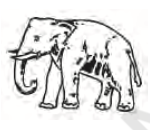
Write a short note on Bahujan Samaj Party.
Formed in 1984
Leader - Kanshi Ram
Ideology - represents secure power for bahujan samaj which includes dalits. adivasis , OBCs and other minorities.
Inspired by Sahu Maharaj , Mahatma Phule , Periyar Ramaswami Naicker , Babasaheb Ambedkar
It is mainly based in Uttar Pradesh and has a substantial presence in Madhya Pradesh , Chhattisgarh , Uttarakhand , Delhi and Punjab
It has formed a government in Punjab
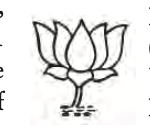
Write a short note on Bharatiya Janata Party
Founded in 1980
Revival of Bharatiya Jana Sangh , formed by Syama Prasad Mukherjee in 1951.
Ideology - strong and modern india by drawing inspiration from India’s ancient culture and values.
Following the ideas of Deendayal Upadhyaya’s ideas of integral humanis , Antyodaya and Hindutva.
Wans full territorial and political integration of Jammu and Kashmir
Univform civil code , people living in country irrespective or religion and ban on relgious conversions.
Came to power in 1998 as leader of National Democratic Alliance.
Emerged as the largest party with 303 members in the 2019 Lok Sabha elections and is currently the ruling party.
Write a short note on Communist Party of India - Marxist
Founded in 1964
Ideology - Marxis-Leninism , socialism , secularism , democracy
Opposes - imperlism and communalism
Accepts democracy as useful for helpful mean for securing the object socio-economic justrice in inida
Strong support in West Bengal , Kerala , Tripura especially among the poor , factory workers , farmers.
Was in power in West Bengal for 34 years and currently in power in Kerala
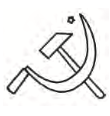
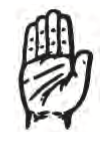
Write a short note on Indian National Congress
Foundeed in 1885 and experienced many splits.
Dominant role in acquring independence and continued to have a dominant role for several decades.
Initialy led by Jawaharlal Nehru
Sought to build a modern secular democratic republic in India.
Was ruling party at central and nationallevels for multiple years.
It is a centrist party and encourages secularism and encourages the welfare of weaker section and minorities in society.
Leader of the united progressive Alliance government from 2004 to 2019
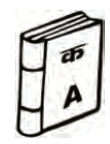
Write a short note o National People’s Party
Formed in July 2013
Leader - P.A Sangma
NPP is the first politcal party from north east to have attained the status of national party.
It believes in diversity of the country and recogniszes that different regions have different development challenges.
THey want education and employment to all as well as empowerment of all sections of society.
It formed government in Meghalaya and has a presence in many nort eastern states.
What are the privilages given to recognised politcal parties.
A unique symbol which can only be used by the official candidates of that party
Other special privilleges due to their large size
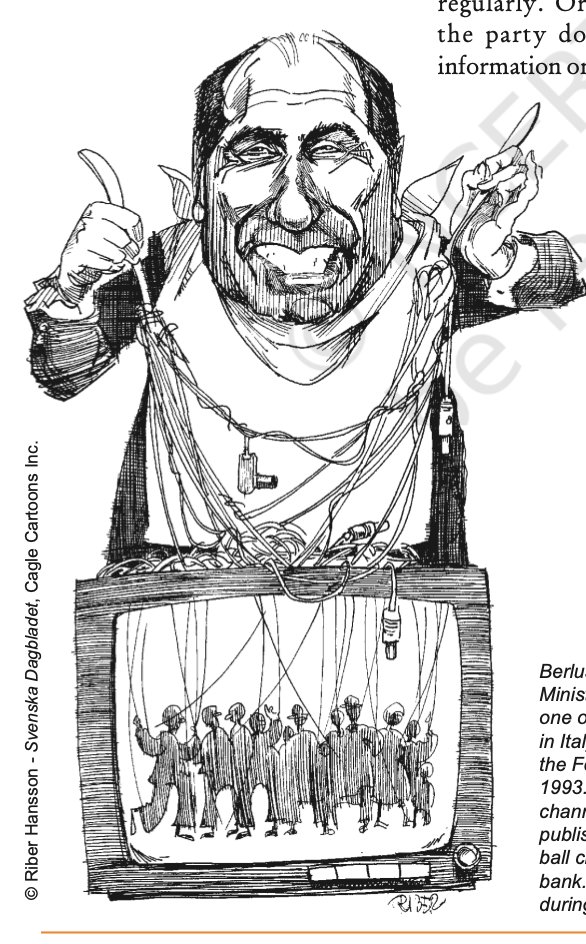
Explain the comic
It shows Berlusconi who was the Prime Minister of Italy
He is the leader of Forza Italia founded in 1992
His compnay owns multiple tv channels , publishing companies and a footbal club AC Milan
He is said to have an unfair control over the narrative helping him wi the elections.
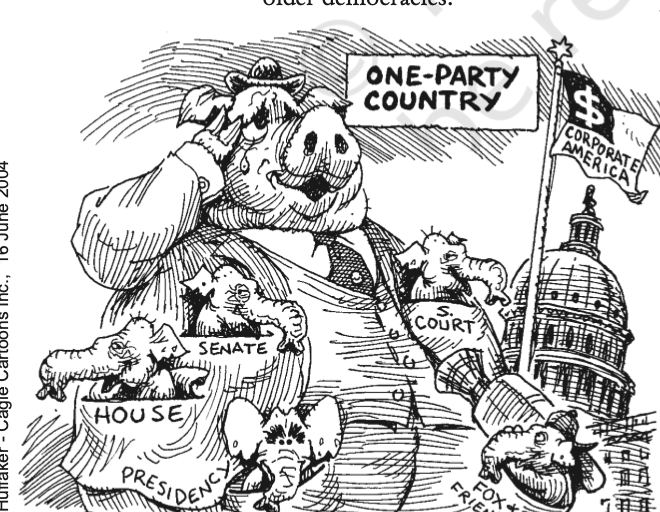
Explain the cartoon
It represents the situation during the presidency of George Bush in USA
The elephant is the symbol of the republican party
It shows how Corporate America controls all the major institutions in the country